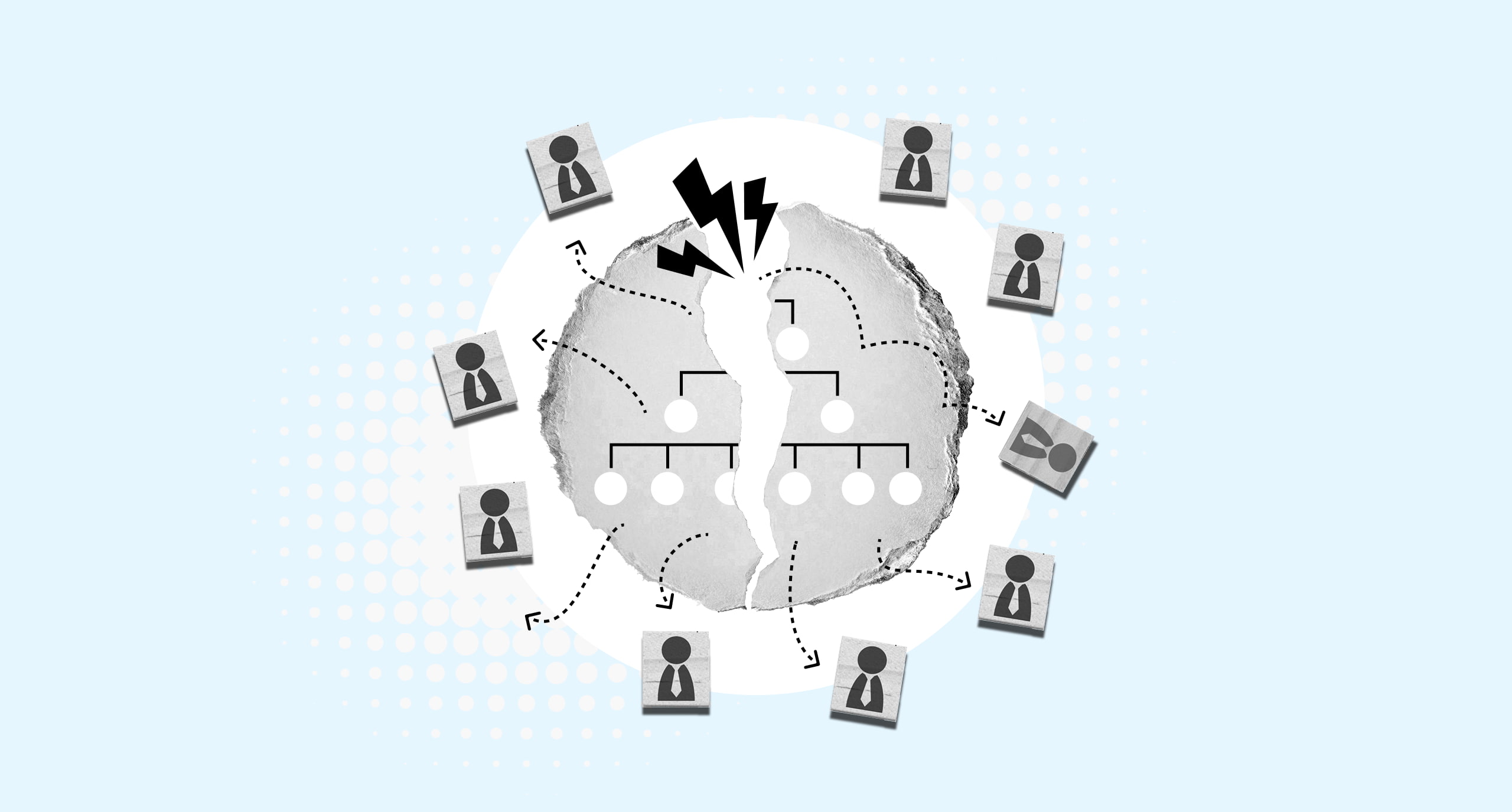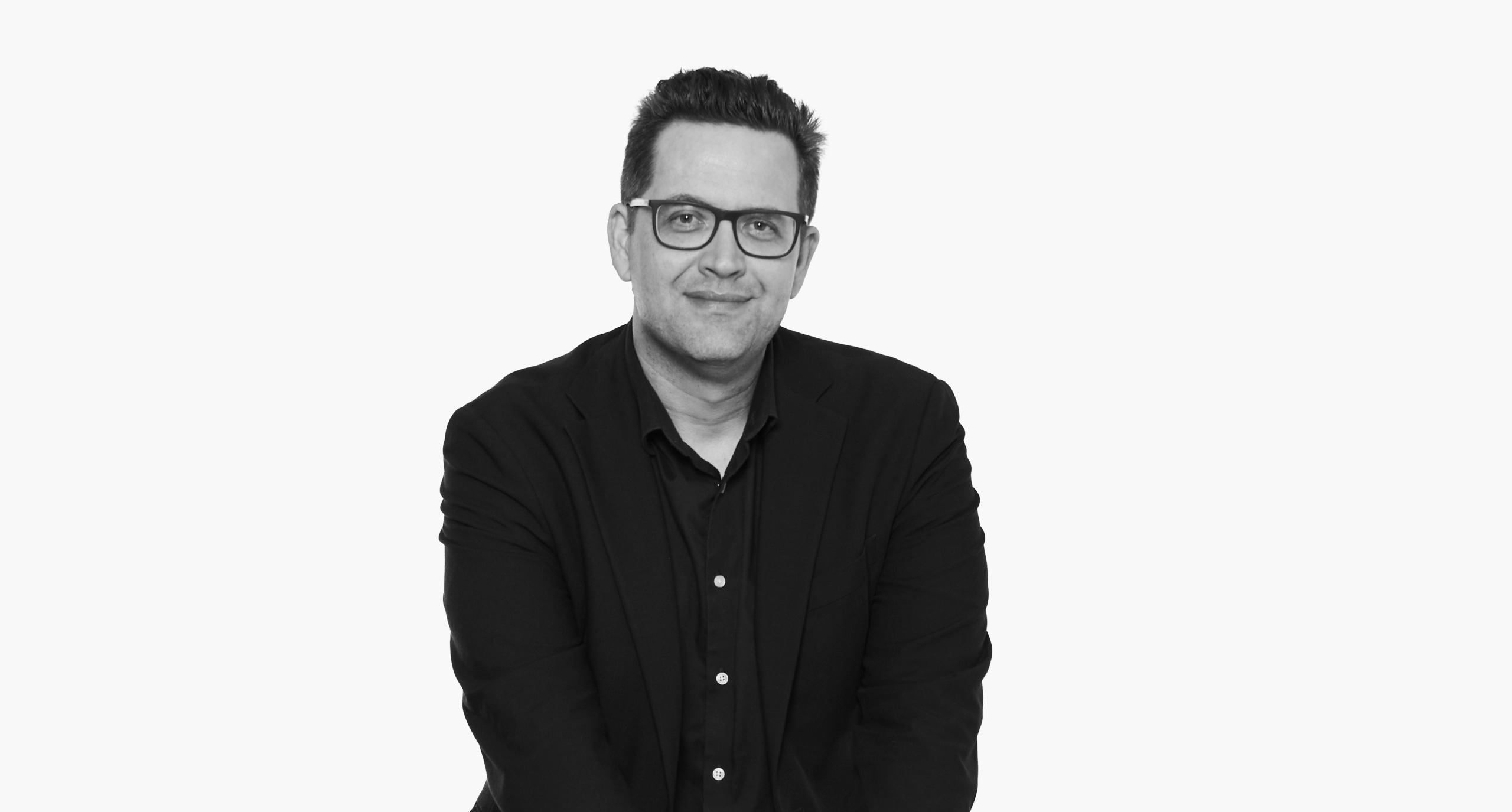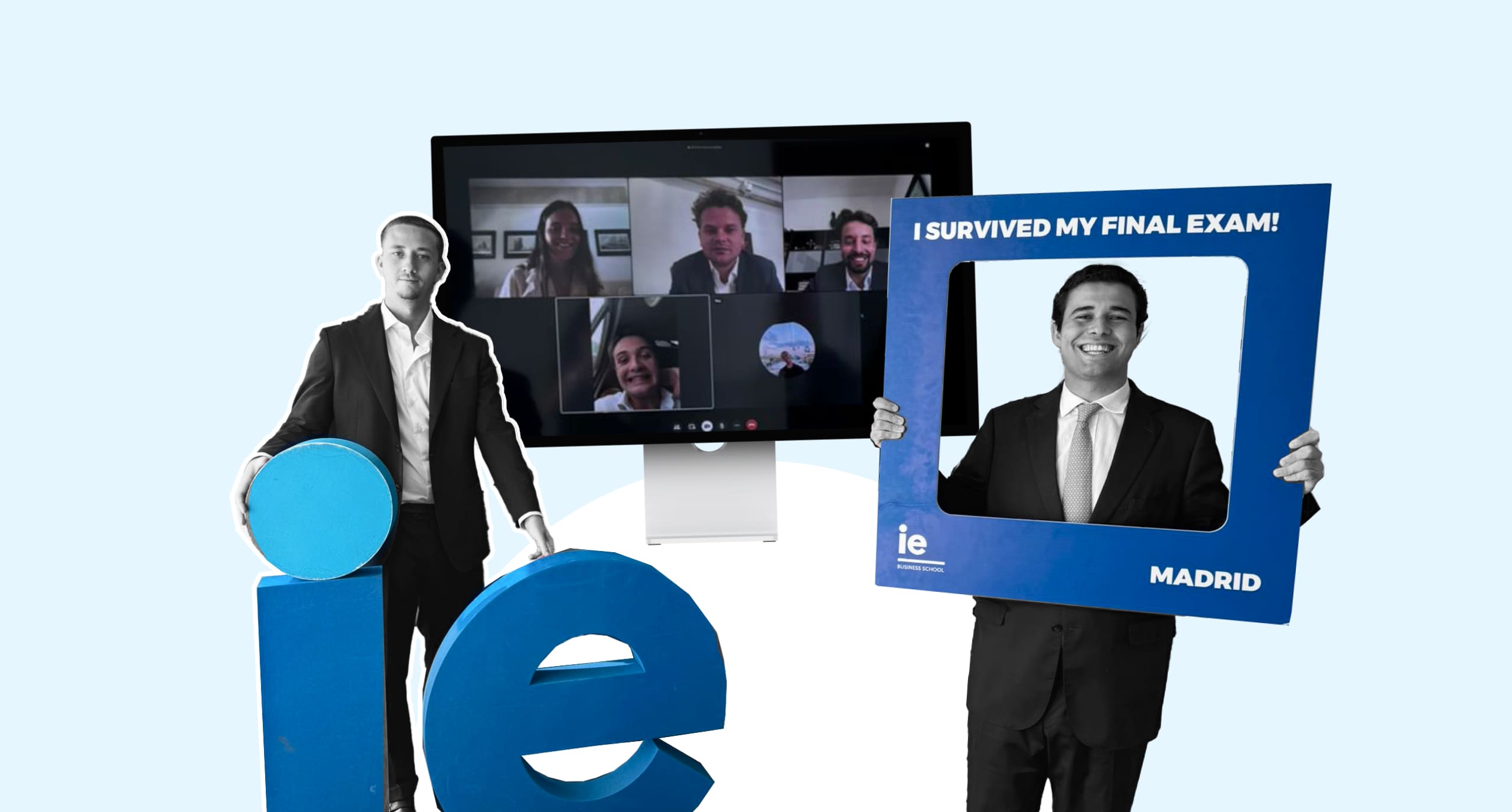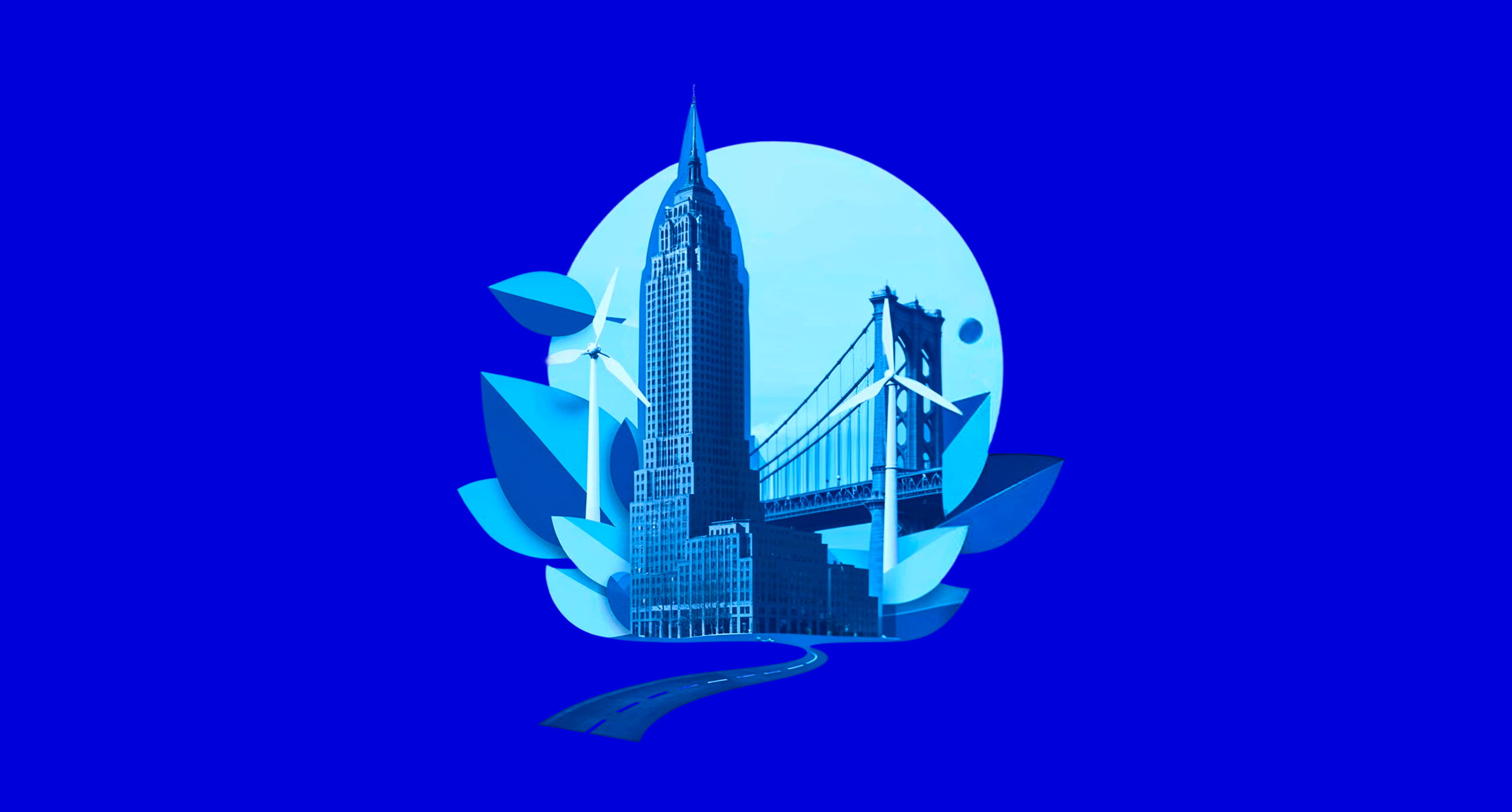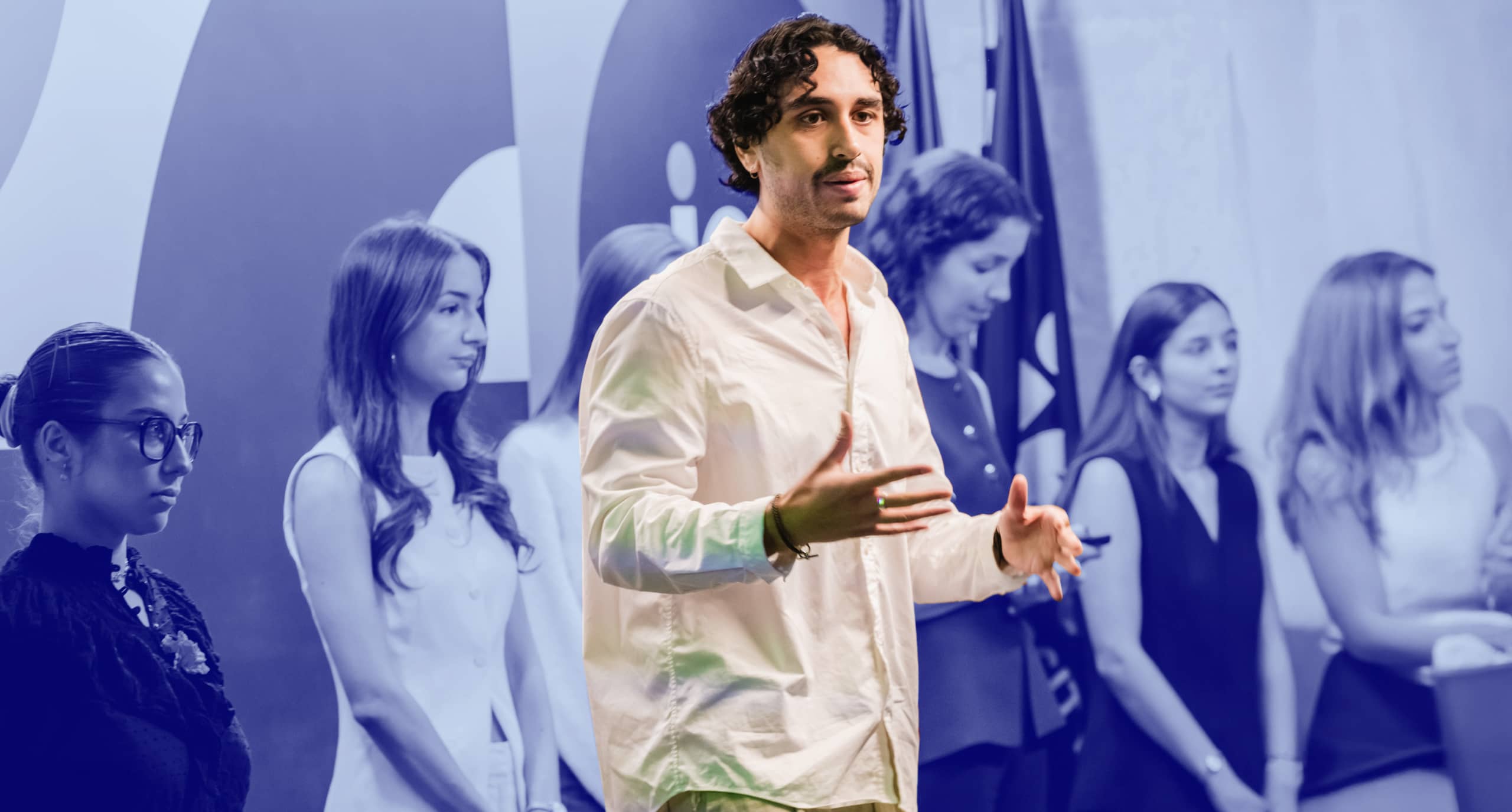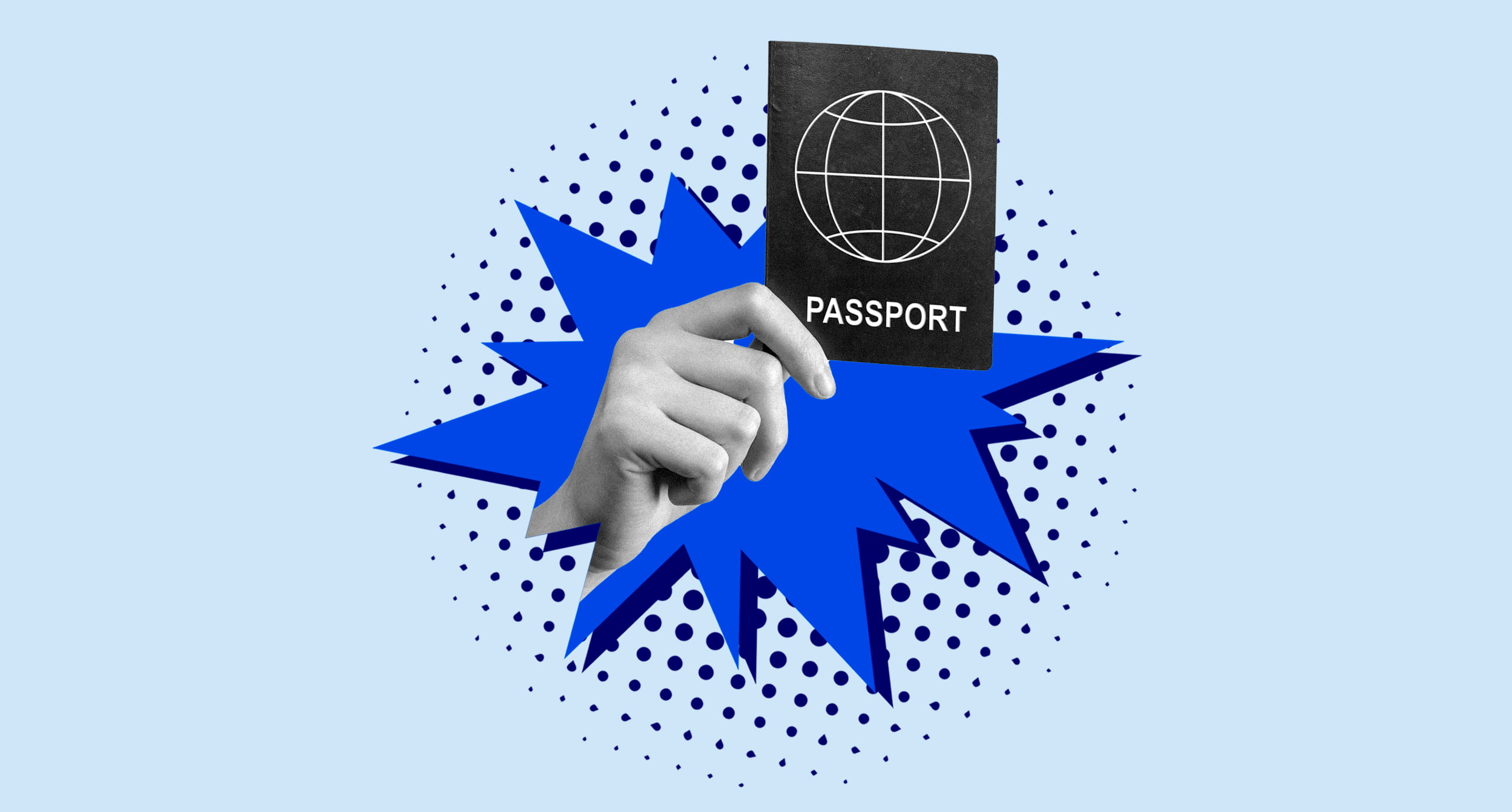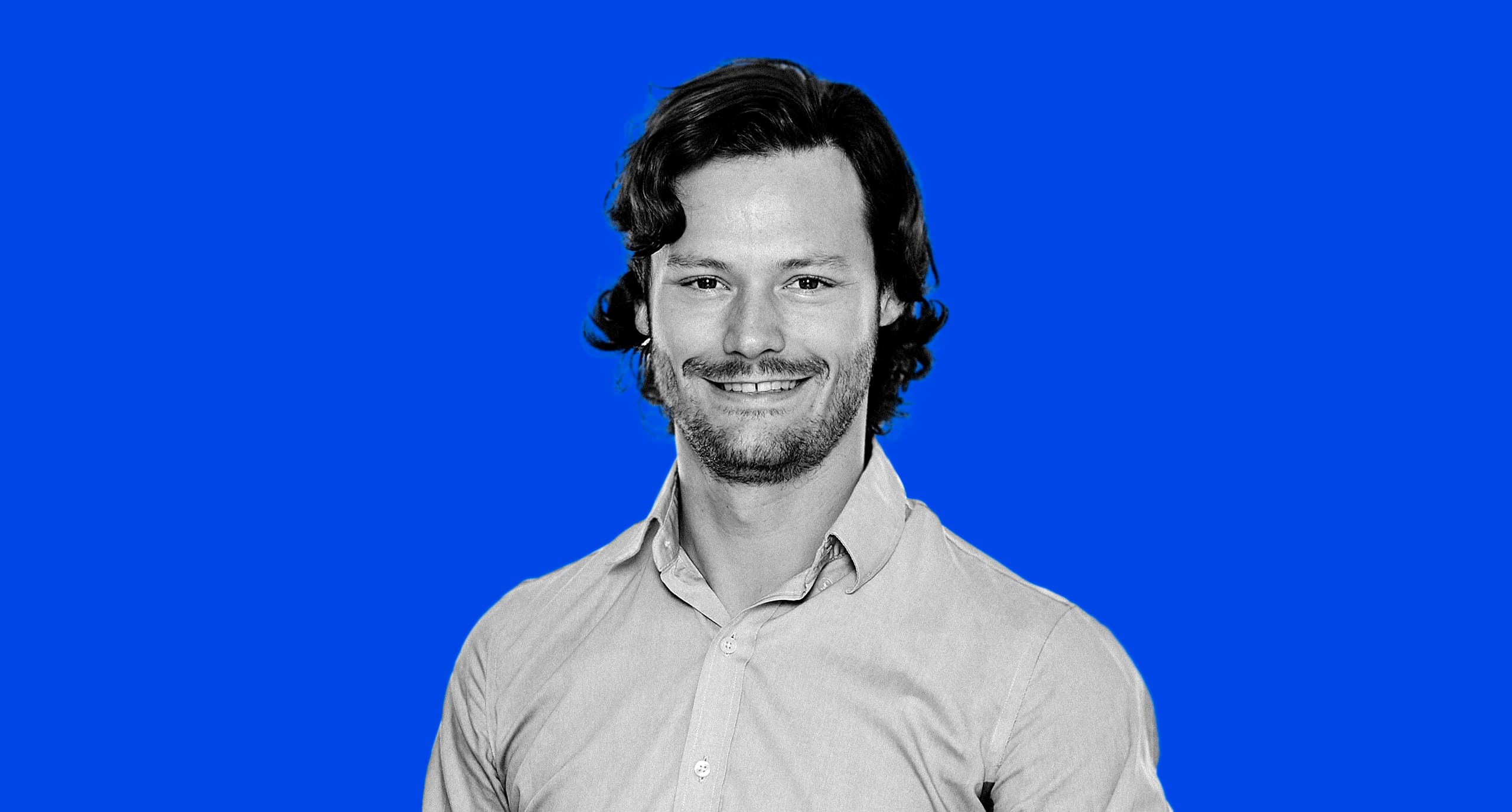Dushinka Karani‘s career spans across corporate strategy, brand building, innovation, sales and education. Now she’s Vice Dean of IE Business School‘s Marketing & Communications and Talent Development & Human Resources programs. And we were lucky enough to sit down with her to find out what it takes to become a leader in her field.
Let’s take a look at the state of new era marketing, and how Dushinka believes we can succeed in connecting with consumers.
Becoming a leader in new era marketing
Dushinka’s journey to becoming a marketing leader has been shaped by taking on high-stakes challenges across industries: from running P&Ls at global FMCG companies to advising deep tech brands on how to go to market and scale all while embracing a “launch-measure-learn” mindset that blends the ability to zoom out to see the big picture: trends, strategy, cultural shifts, and then zoom in to execute with precision. Equally fluent in the language of cultural awareness, she brings both commercial sharpness and human sensitivity to every leadership role she steps into.
Now, going back to the beginning, Dushinka sees her path to marketing was shaped by various realizations.
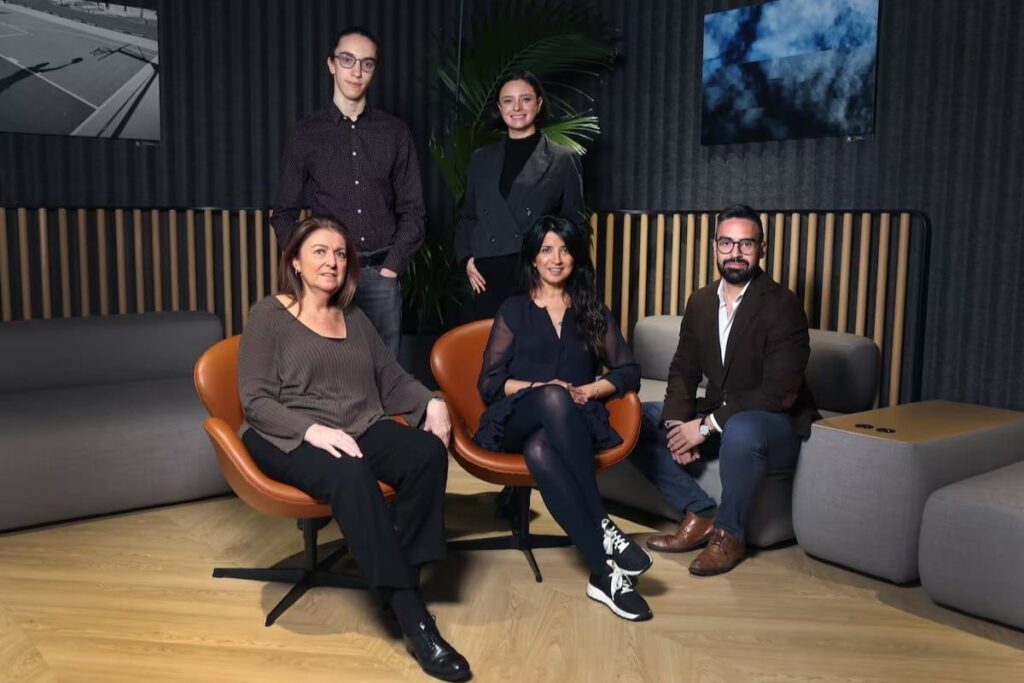
“Educationally, I wasn’t convinced about what I wanted to study when I was 18,” says Dushinka. “At that age, you’re still exploring. So I did a dual degree—law and business administration. It was in the business administration degree that I really fell in love with marketing. In my second year, a teacher came in and taught marketing. That’s where I discovered the magic of marketing. Marketing isn’t just launching campaigns. It’s much more. It’s the intersection of understanding customers, the psychology of human behavior, the strategy of a business and brand, and your narrative. That blend of those three things—that’s the magic of marketing I saw in that course, and it’s what’s always attracted me.”
In terms of the progression of marketing in her time, Dushinka says things have changed a lot. “When I started, brands had much more control over their narrative. There was no digital marketing or analytics, so decisions were mostly gut feeling or intuition before you saw the results of your campaigns. Today, while the fundamentals of marketing strategy still hold, how we do marketing is completely different. It’s a fast-moving industry, and brands aren’t just pushing what they want to say anymore—it’s about what you, the customer, want to say.”
Finding the difference between storytelling and storyliving
Dushinka believes that while storytelling remains very important, “Storyliving” is playing an important role as well, she explains: “It’s about designing brand experiences that consumers can actively participate in, not just observe. And for brands to create these experiences they must deeply understand how their products are lived with, shared, and talked about in real life.”
She recalls an early career lesson from her time in FMCG: “A former boss once said, ‘You’ll never understand and connect with your customer until you go into their house and see what they actually throw away in their bins.’ I was selling milk back then. When brands understand this, it is then when they can provide multi-sensory experiences that transport users into the brand world, it is when they can get customers to participate more in shaping their journey within the story and when co-creation happens and customers contribute to content or actions, adding authenticity.”
According to Dushinka, storyliving helps make storytelling more authentic.
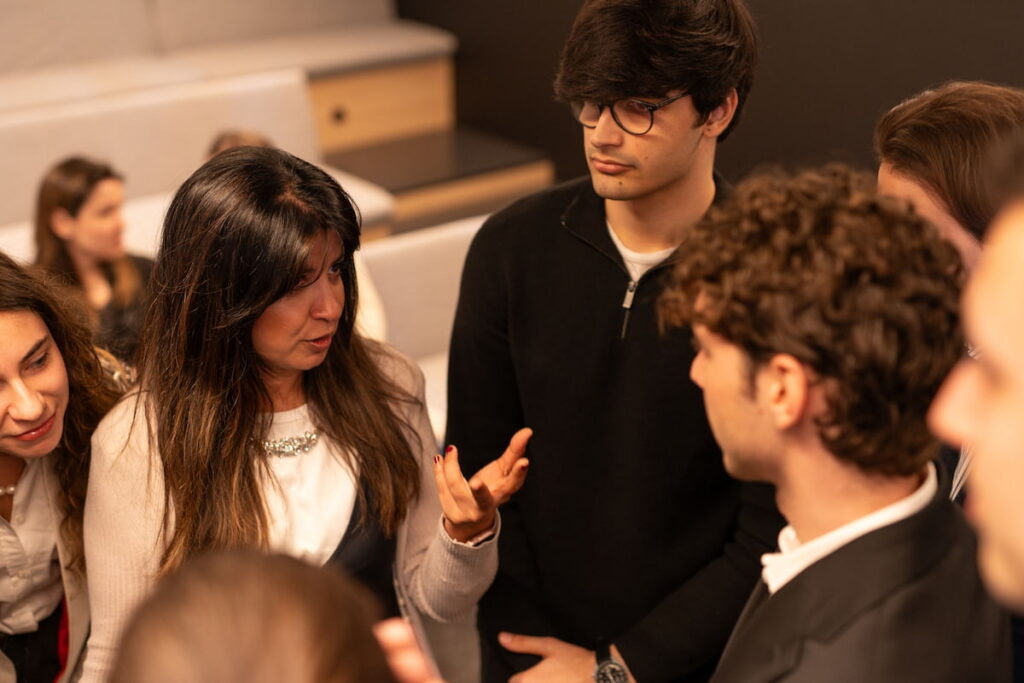
“You have to put the customer at the center of it. Otherwise, it won’t work.” Dushinka points to the common pitfall of conveying features without mentioning benefits. “Features and benefits are not the same,” she says. “What does this feature actually do for me? How will it make me feel? That’s where you can elevate the message and really connect with your audience.”
How AI is transforming marketing
A key change that Dushinka has seen in the marketing industry is the importance of data. Decision-making no longer relies on intuition—though gut feeling still holds some currency—but on results. We’re now seeing revolutionized practices with Artificial Intelligence for advanced segmentation, personalization or content creation, amongst others. This is an opportunity, says Dushinka, but one worth addressing.
” There’s an overwhelming number of AI tools out there, and it’s easy to get lost,” says Dushinka. “My advice? Start small and strategic. AI is not a magic wand, it’s that assistant you always wanted. As a marketer, use it to streamline the repetitive tasks so you can focus on what matters: insight, strategy and creativity.”
As AI-powered tools become a natural part of marketing, Dushinka encourages new marketers to lean into innovations—but not at the expense of human connection: “We live in both digital and physical worlds. Understand that your audience may be influenced offline as much as online. I see many brands rushing to abandon traditional channels, and that’s often a missed opportunity to create truly integrated experiences.”
The key characteristics of a marketer
For Dushinka, there are three characteristics of a marketer. Adaptability is the first: “Never think anything is forever.” Over the years, Dushinka has moved between roles in market research, branding, sales, and innovation. While those transitions can be daunting, she’s always seen them as chances to grow. “Being agile through shifts and changes has been critical,” she reflects. That openness to movement—and the learning that comes with it—has shaped her ability to navigate marketing’s fast-evolving landscape.
Equally important is collaboration. Dushinka emphasizes the need to step outside the marketing bubble and understand the roles of other departments—whether it’s finance, commercial teams or operations: “It sounds obvious, but it’s not always easy. Putting yourself in others’ shoes is crucial.”
“That transversal attitude makes all the difference. It helps me work well with people across the business because I get what matters to them.”
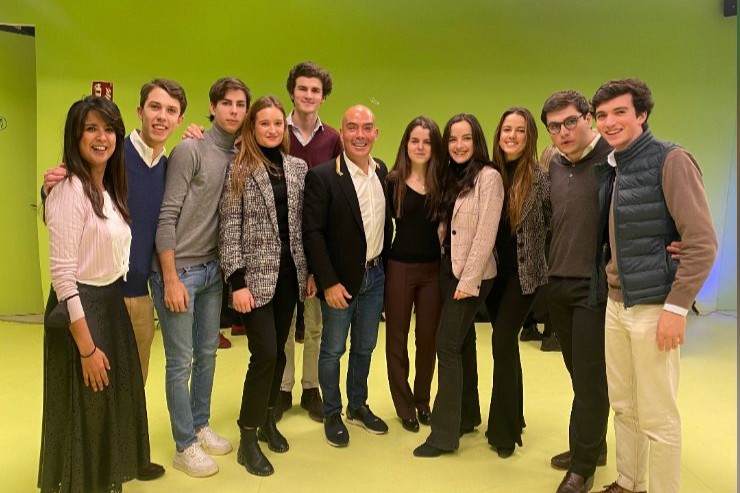
But Dushinka is also focused on impact. “I’m insatiable when it comes to results,” she says. “I won’t stop until I get measurable outcomes.” That drive for tangible results, combined with her adaptability and collaborative mindset, forms what she sees as the essential traits of a marketer: agile, tenacious, and collaborative. “Honestly, I don’t think there’s anyone who specifically can’t be a marketer,” she adds. “Whether you’re into psychology, numbers, or creativity—there’s a place for you.”
Methods for learning marketing
At IE Business School, we’re experts in marketing and communication. Leaders like Dushinka have curated a personalized learning experience that brings industry norms into the classroom, while pushing students to apply their knowledge in real-world settings. You’ll become an expert in strategy and execution, which is crucial for hitting all touchpoints. “Strategic thinking is the zoomed-out part—debating theory and building frameworks,” says Dushinka. “Then you zoom in to execute—through case studies, simulations, prototyping, and campaign-building.”
And, as with all IE University’s programs, the human approach is always front and center. “Marketing and Talent Development are two of the most human and creative disciplines in business. If you’re curious, observant, and ready to think both strategically and empathetically, this is the place for you. At IE Business School, we don’t just teach course—we live it, experiment with it, and evolve it constantly.”
Join us at IE Business School
Interested in what’s on offer? Find out more about our specialized master’s programs via the link below and gain access to industry leaders like Dushinka. The Next Best You starts here.
Become a leader in new era marketing
Explore how IE Business School prepares the next generation of changemakers.

Benjamin is the editor of Uncover IE. His writing is featured in the LAMDA Verse and Prose Anthology Vol. 19, The Primer and Moonflake Press. Benjamin provided translation for “FalseStuff: La Muerte de las Musas”, winner of Best Theatre Show at the Max Awards 2024.
Benjamin was shortlisted for the Bristol Old Vic Open Sessions 2016 and the Alpine Fellowship Writing Prize 2023.


